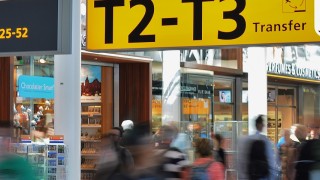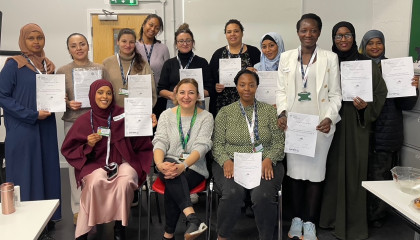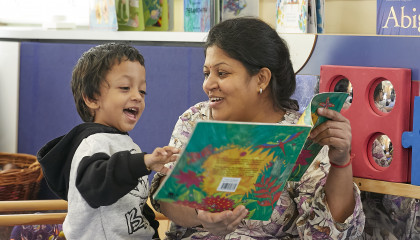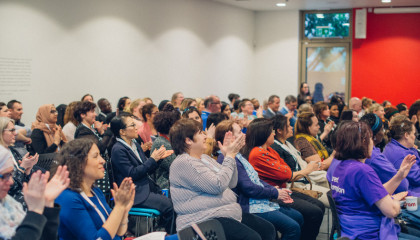You are here: Family unity crucial to all who are legally settled in the UK
For me, the Christmas period is a time of sharing and caring and family bonding. As a mother of teenage boys, it’s when I get to talk to my children and enjoy their company. But there are a small number of families in the UK who won’t be spending time together. While their relationships are genuine, arbitrary Immigration Rules have driven them apart. Christmas is a bitter time for such families.
Immigration Rules determine who can enter and remain in the UK, and conditions imposed on their stay. In 2012, they were changed so that British citizens and those with settled status in the UK had to have a minimum income of £18,600 per year if they wanted to bring a child, spouse or other close family member to live with them in the UK. The threshold rises to £22,400 to sponsor a child, with an extra £2,400 for each additional child.
These financial requirements make it difficult for low-paid workers with non-EU spouses or children to enjoy family life. I gave evidence about this to a Parliamentary Inquiry on Family Migration and earlier this year, the Children’s Commissioner estimated that 15,000 children in the UK have been separated from one or both parents by the financial requirements for family migrants. Some 79 per cent of these children are British citizens.
The families who have been separated by the new Immigration Rules have been successful in making their case to the media. Children who had been separated from their parents had the opportunity to talk to parliamentarians when the Children’s Commissioner launched her report on family migration. But there is another group of people legally living in the UK who find family reunion difficult or impossible. Their needs have been forgotten in the debate about family reunion.
Under the Immigration Rules, people granted refugee status or humanitarian protection (like those Syrian refugees currently being resettled) in the UK can apply to be joined by their family members who are still living in other countries. However, families seeking to use this route face considerable barriers. Only children under 18 can apply to join a parent in the UK, leaving some parents with option of leaving some of their children behind in war zones.
The UK, unlike other EU countries, also does not allow children who have travelled alone and then been granted refugee status or humanitarian protection to bring even their very closest family members to join them. This is despite them have been through the asylum system and all its many stages in the same way as an adult. As a result of this rule, refugee children living in the UK are unable to be reunited with their parents.
It is the absence of legal routes to join family members that forces some refugees to risk their lives crossing the Mediterranean. Even for those who do, in theory, qualify for family reunion, the process is long and complicated. Family members wishing to come to the UK need to make an in-person application at the nearest British embassy. This journey can be impossible in a war zone. Since 2013 legal aid has not been available to support families through this process, or to appeal if a family reunion application is rejected.
The number of refugees affected by these rules is small – just 7,339 were granted refugee status or humanitarian protection in 2014. But the impact on parents and children of family separation is huge. Today, as the Immigration Bill returns to the House of Commons, the Refugee Council is asking MPs to support an amendment to make family reunion easier for refugees.
Families are the bedrock of society and we have a Government that recognises this. Much has been achieved in recent years to make the UK family friendly. But family unity must apply to everyone who is legally settled in the UK, including the small number of refugees who live here.
More from our blog
Sign up to our newsletter
Get the latest news, research and resources from the Family and Childcare Trust.




